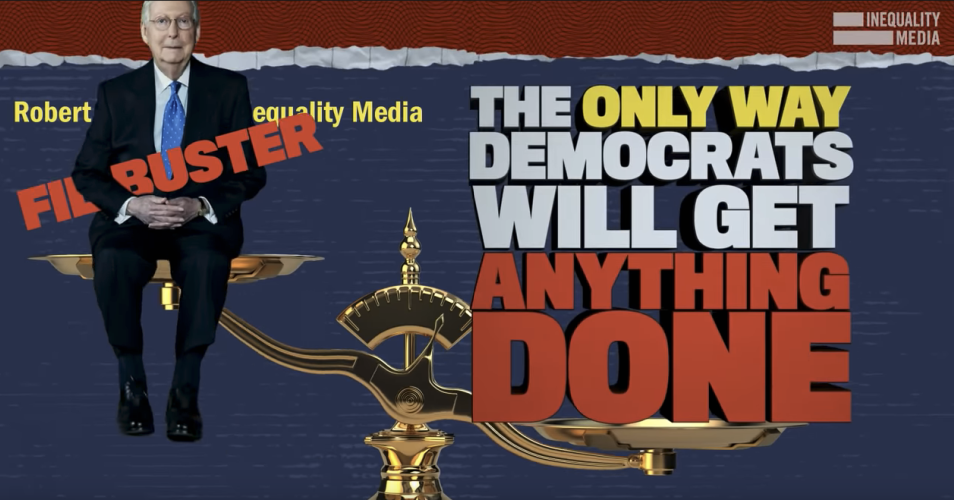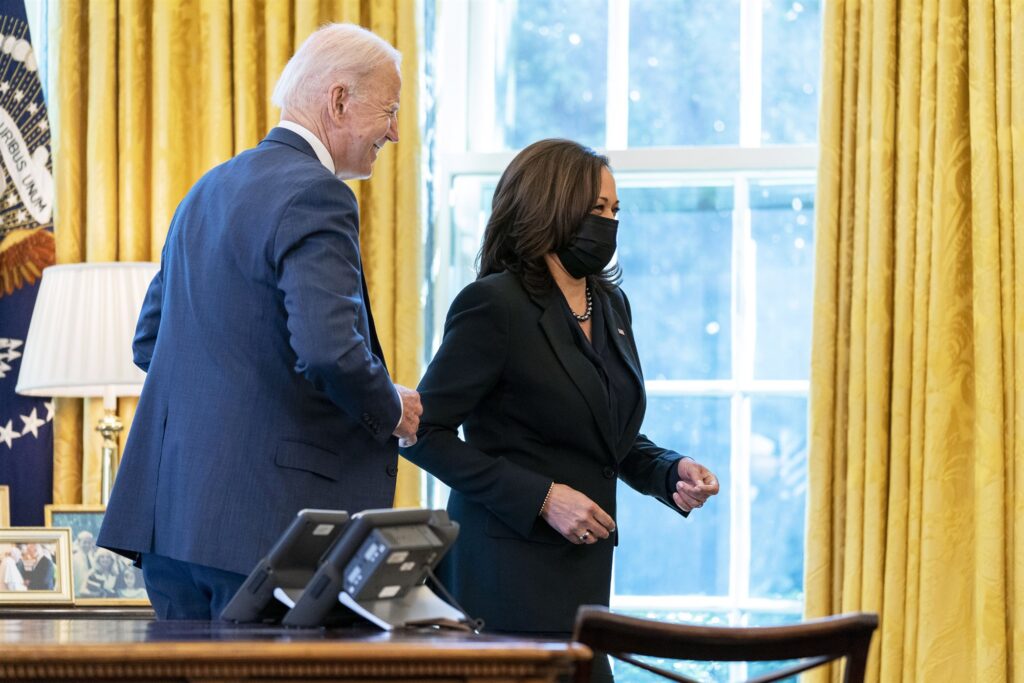
A filibuster is a political procedure where one or more members of Parliament or Congress debate over a proposed piece of legislation to delay or entirely prevent a decision being made on the proposal. It is sometimes referred to as “talking a bill to death” or “talking out a bill” and is characterized as a form of obstruction in a legislature or other decision-making body.
This form of political obstruction reaches as far back as Ancient Roman times and could also be referred to synonymously with political stonewalling. Due to the often extreme length of time required for a successful filibuster, many speakers stray off-topic after exhausting the original subject matter. US Senators have, for example, read through laws from different states and recited past speeches and recipes.

FACTS
filibuster – Informal term for any attempt to block or delay Senate action on a bill or other matter by debating it at length, by offering numerous procedural motions, or by any other delaying or obstructive actions.
The Senate rules permit a senator, or a series of senators, to speak for as long as they wish, and on any topic they choose, unless “three-fifths of the Senators duly chosen and sworn” (currently 60 out of 100) vote to bring the debate to a close by invoking cloture under Senate Rule XXII.

The filibuster drew to a close after 24 hours and 18 minutes at 9:12 p.m. on August 29, making it the longest filibuster ever conducted in the Senate to this day. Thurmond was congratulated by Wayne Morse, the previous record holder, who spoke for 22 hours and 26 minutes in 1953.
January 3, 2001: 107th Congress officially begins, with the Senate split 50-50. Democrat Al Gore — the outgoing Vice President — briefly gives the Democrats the tie breaker and majority control.
If the bill passes by simple majority (218 of 435), the bill moves to the Senate. In the Senate, the bill is assigned to another committee and, if released, debated and voted on. Again, a simple majority (51 of 100) passes the bill.

In the United States Senate, a hold is a parliamentary procedure permitted by the Standing Rules of the United States Senate which allows one or more Senators to prevent a motion from reaching a vote on the Senate floor.
Parliament
In modern politics and history, a parliament is a legislative body of government. Generally, a modern parliament has three functions: representing the electorate, making laws, and overseeing the government via hearings and inquiries.
United States Congress
The United States Congress or U.S. Congress is the bicameral legislature of the federal government of the United States and consists of the House of Representatives and the Senate. The Congress meets in the United States Capitol in Washington, D.C
IF YOU REALLY WONT TO KNOW
Founded: March 4, 1789
Headquarters: Washington, D.C.
Senate last election: November 3, 2020
Senate next election: November 8, 2022
President of the Senate: Kamala Harris (D); since January 20, 2021
Senate president pro tempore: Patrick Leahy (D); since January 20, 2021

| President of the Senate | Kamala Harris (D) since January 20, 2021 |
| Senate president pro tempore | Patrick Leahy (D) since January 20, 2021 |
| Senate Majority Leader | Chuck Schumer (D) since January 20, 2021 |
| Speaker of the House | Nancy Pelosi (D) since January 3, 2019 |
Under the Constitution, the vice president serves as the president of the Senate and presides over the Senate’s daily proceedings. In the absence of the vice president, the Senate’s president pro tempore (and others designated by them) presides. As one of the Senate’s constitutional officers, only the Vice President has the authority to cast a tie-breaking vote.



 Trump administration offers to pay plane tickets, give stipend to self-deporting immigrants
Trump administration offers to pay plane tickets, give stipend to self-deporting immigrants  The Force Awakens: Aiden Anderson’s Rise in Dallas Amateur Boxing
The Force Awakens: Aiden Anderson’s Rise in Dallas Amateur Boxing  Tesla’s Cybertruck Will Rapidly Depreciate From Now On
Tesla’s Cybertruck Will Rapidly Depreciate From Now On  Was it really about the Lil Wayne Concert
Was it really about the Lil Wayne Concert  Black Chicago Activists Blast Mayor Brandon Johnson for “Replacing” Them With Migrants
Black Chicago Activists Blast Mayor Brandon Johnson for “Replacing” Them With Migrants  Migrants desperately digging through trash bins for food as they live out of buses in Chicago
Migrants desperately digging through trash bins for food as they live out of buses in Chicago  Thomas Edward Patrick Brady Jr, Shedeur Sanders, Travis Hunter, Shilo Sanders, Jimmy Horn Jr, Global Don, and more
Thomas Edward Patrick Brady Jr, Shedeur Sanders, Travis Hunter, Shilo Sanders, Jimmy Horn Jr, Global Don, and more  Yella Beezy Released on $750,000 Bond
Yella Beezy Released on $750,000 Bond